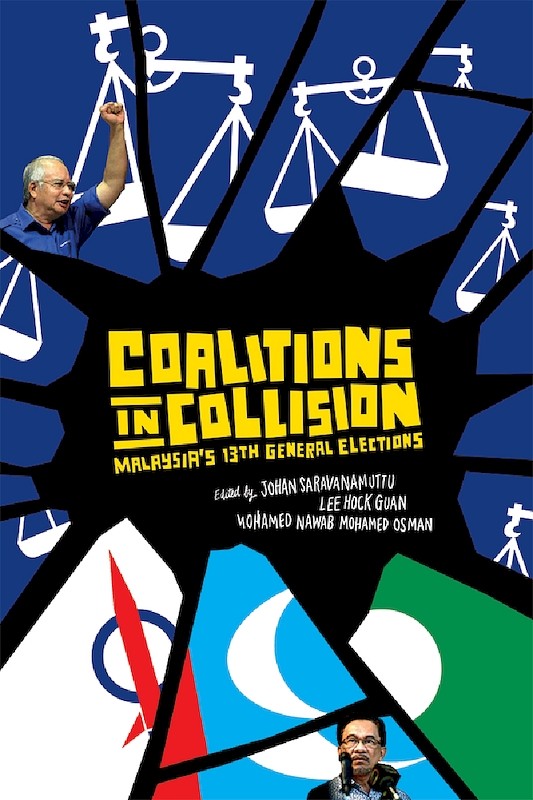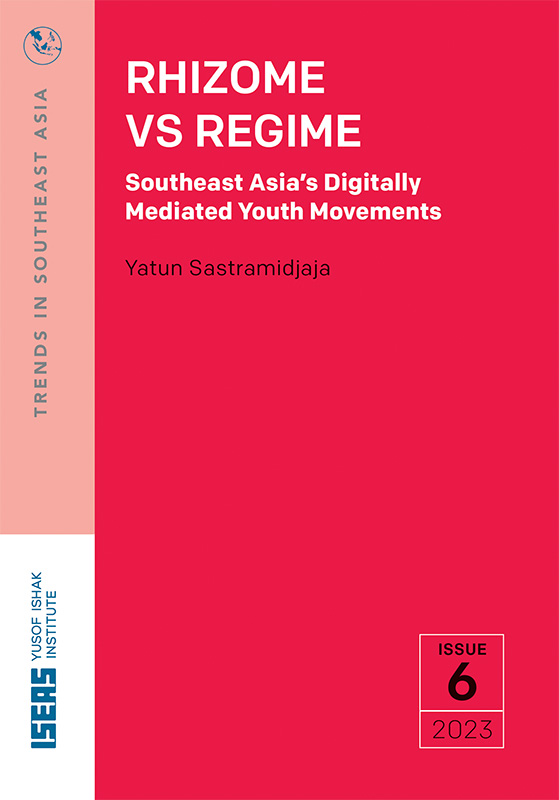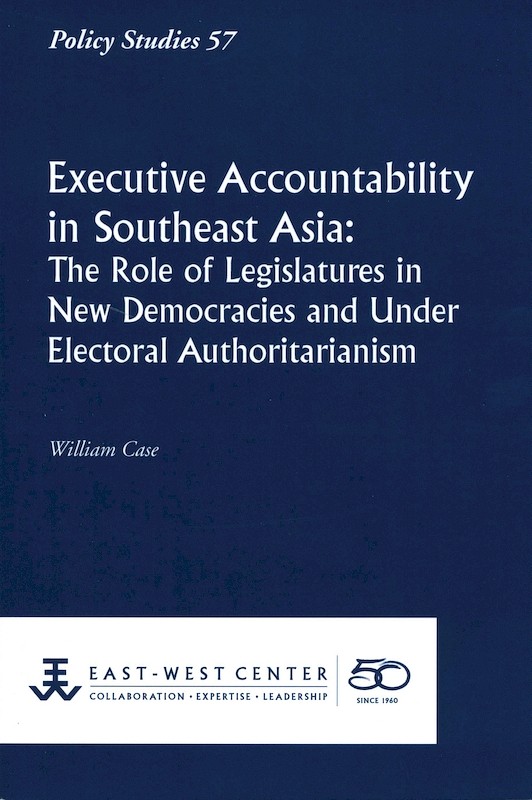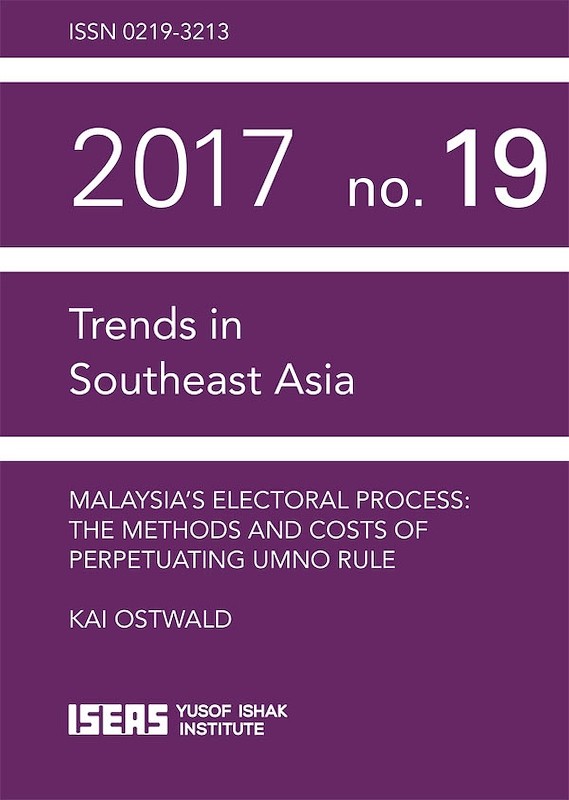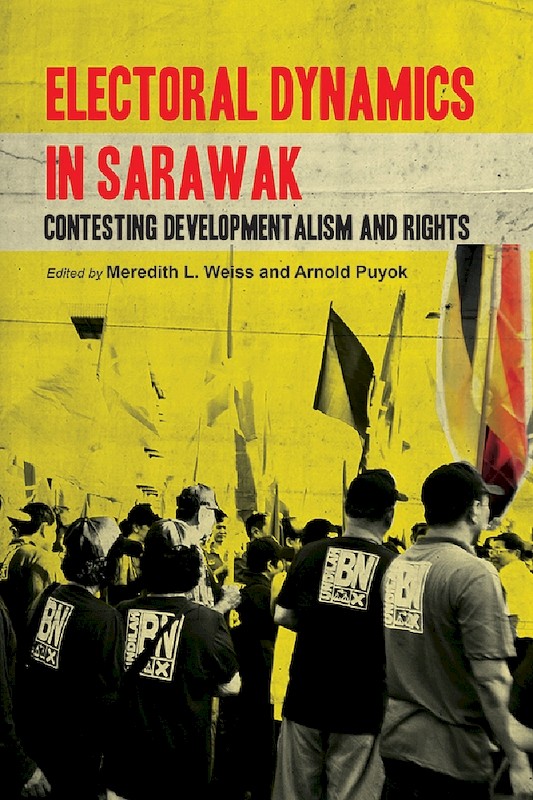Power Sharing in a Divided Nation: Mediated Communalism and New Politics in Six Decades of Malaysia's Elections
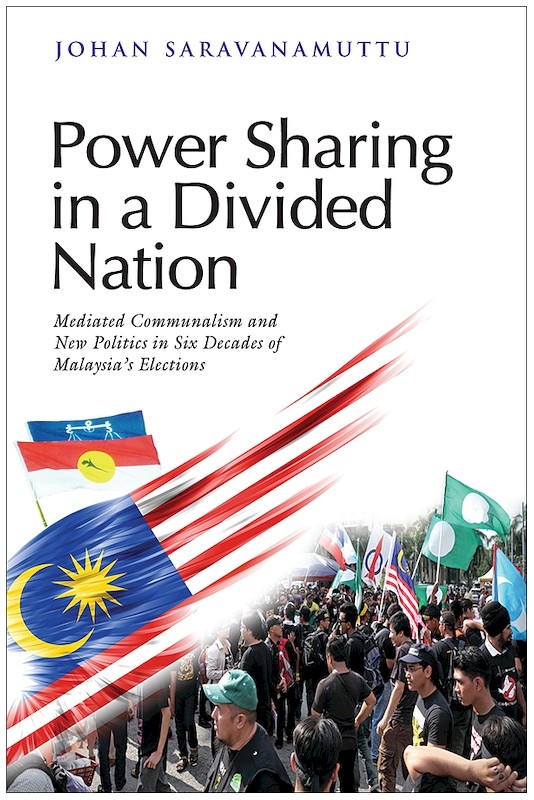
Johan Saravanamuttu, author
Date of publication:
2016
Publisher:
ISEAS – Yusof Ishak Institute / Strategic Information and Research Development Centre
Number of pages:
323
Code:
BM536
Soft Cover
ISBN: 9789814695435
About the publication
This book argues that Malaysia's electoral politics have historically been premised on a hybridized model of communalism and consociationalism. Beyond this it posits
a newer idea of power sharing based on the dynamic and transformative practice of mediated communalism through six decades (1952-2016) of electoral politics.
The strategy of mediating communalism is critically explored throughout the book, serving to test its saliency as a distinct approach to power sharing in a social formation which is ethnically, religiously and regionally divided, yet has remained remarkably and tenuously integrated throughout Malaysia's electoral history. The book delves into this question by narrating and theorizing the complexity of communal politics leading to the emergence of new politics which have attempted to put Malaysia on the track of further democratization. It is further implied that new politics has to work in tandem with mediated communalism to transcend the most deleterious effects of an ethnically divided society.
The strategy of mediating communalism is critically explored throughout the book, serving to test its saliency as a distinct approach to power sharing in a social formation which is ethnically, religiously and regionally divided, yet has remained remarkably and tenuously integrated throughout Malaysia's electoral history. The book delves into this question by narrating and theorizing the complexity of communal politics leading to the emergence of new politics which have attempted to put Malaysia on the track of further democratization. It is further implied that new politics has to work in tandem with mediated communalism to transcend the most deleterious effects of an ethnically divided society.
Co-publication: ISEAS – Yusof Ishak Institute / Strategic Information and Research Development Centre
Available for distribution by ISEAS worldwide except Malaysia. For buyers in Malaysia, please visit SIRD’s distributor in Malaysia, GB Gerakbudaya.
Contents
-
Power Sharing in a Divided Nation: Mediated Communalism and New Politics in Six Decades of Malaysia's Elections
[Whole Publication, ISBN: 9789814695428], by Johan Saravanamuttu, author -
Preliminary pages
-
1. The Imperative of Mediated Communalism
-
2. The Electoral System: Origin, Rationale and Critique
-
3. Consociation and the Electoral Process, 1952-55
-
4. The Path-Dependent Rise and Demise of the Alliance, 1959-69
-
5. The National Front's Rise in the Elections of 1974 and 1978
-
6. Mediating Communalism through Party Capitalism: The Elections of 1982, 1985, 1990 and 1995
-
7. Reformasi and New Politics: Constituting an Alternative Coalition in the 1999 General Election
-
8. The Opposition's Breakthrough: The Leap from 2004 to 2008
-
9. Electoral Impasse of Dual-Coalition Politics in 2013
-
10. Transition of Coalition Politics circa 2016
-
11. Conclusion: The Desiderata of Ethnic Power Sharing
-
Bibliography
-
Index
-
About the Author
-
Colour plates

